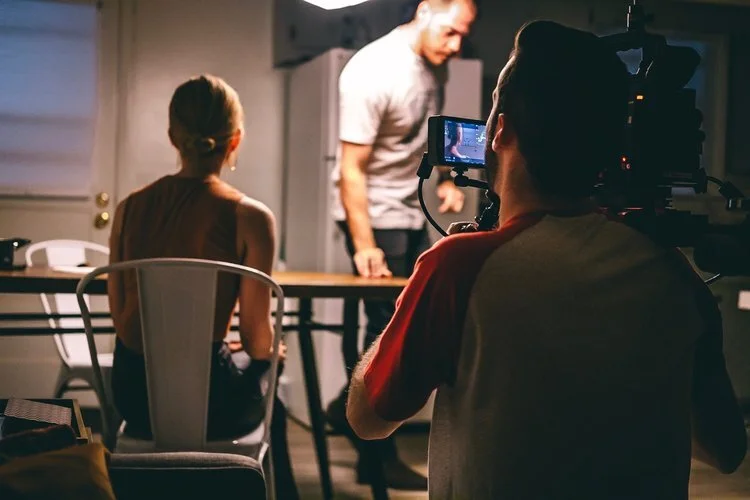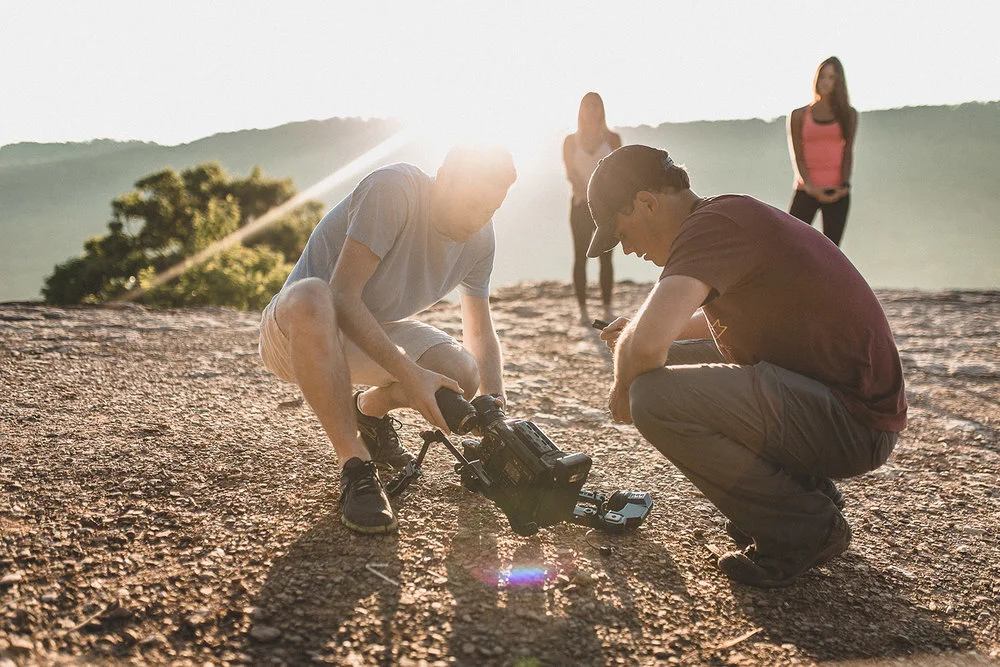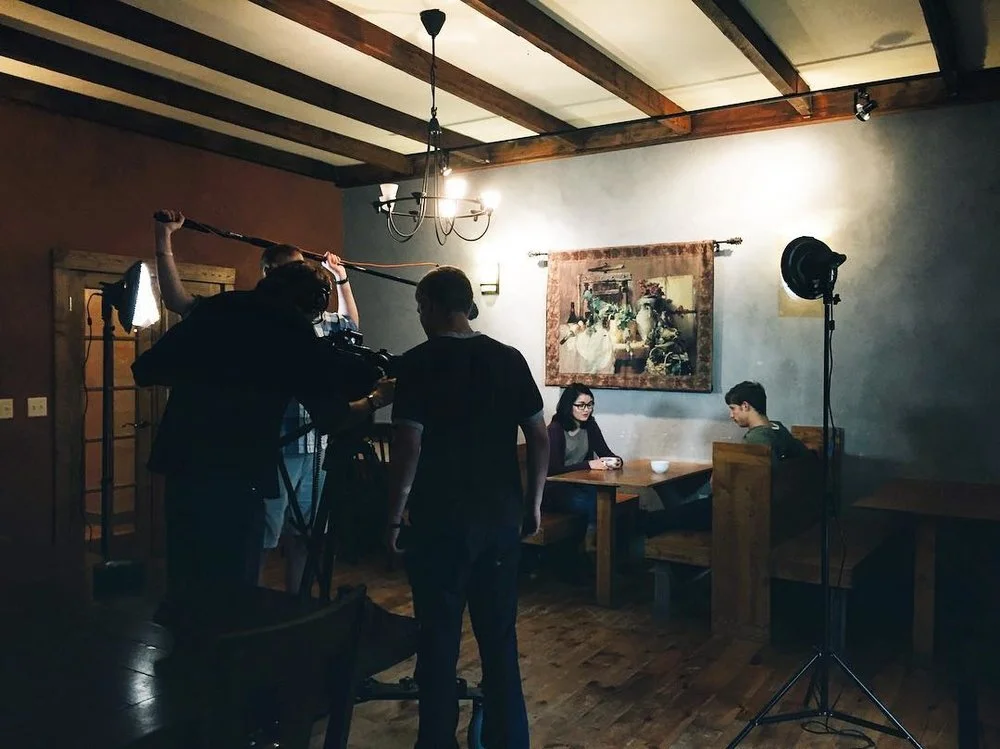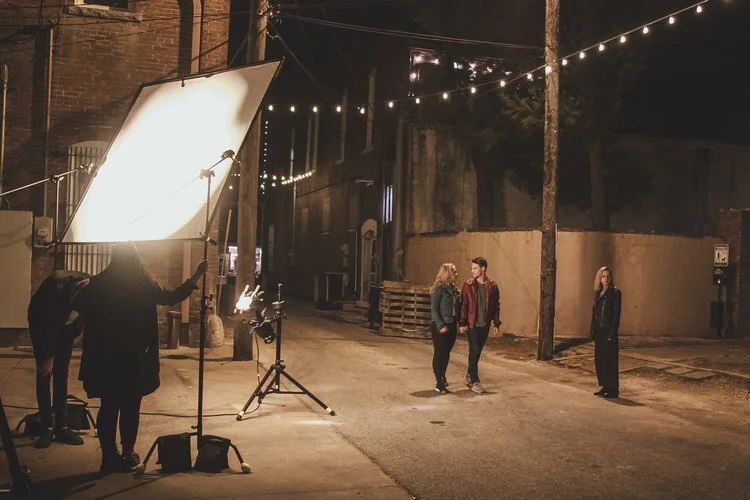It's Not What You Do; It's How You Do It
Through my time working in video production, and especially short films, I’ve found one factor to be one of the most important aspects of getting a video to work: Everybody needs to believe in the final product. On the one hand, this is clear. If someone’s not invested in the end goal, they won’t put forth their best work. I think it goes much deeper than this, though.
I’m sure you’ve experienced it: You’re working on a project. Everyone’s vaguely aware that it's not going to win any major awards. Maybe pre-production was rushed. Maybe it started with a clear vision, which became muddied as it went forward. But no one says anything. They keep working to get it done. Then the director makes a request, and one of the crew-members rolls his eyes and shakes his head.
And that’s all it took. The eye-roll gives a little nudge, and the entire team, teetering on the edge of confidence, plunges into doubt. The director feels the shift. The project loses steam and eventually, everybody wants nothing more than to be done with everything and go home. Maybe it won’t even get made in the end.
Of course, I'm going to tell you that the Element Studio team is always fully committed to our projects.
To clarify:
There’s nothing wrong with pushback, obviously. Film is a collaborative venture, and some of the most disastrous projects are those helmed, unchecked, by one person. What I’m talking about is an attitude of pride that disassociates a team member from the project as a whole. They’re just there to participate, but they’ll in no way invest in it, just in case it fails. It’s like the friend who prefaces every presentation with “just so you know, this is really, really bad.” And it is.
The solution? Go with it. Find something to believe in – even if it’s just the amount of work that’s going into the project, and pursue that. I’ve been involved in projects where I’ve asked “Really? You're sure you want me to do that?” Once the director said yes, though, I pushed my own doubts aside and committed to doing it to the best of my ability.
Anything less endangers the entire process, along with the rest of the team involved. If you can see the good in a project, chances are your audience will, too. If you choose to focus on all its shortcomings, however, then that’s all that will show in the end. Who knows? Maybe it'll be something better than you imagined, and you'll know you had a hand in that.
And if not, bear with me on this one:
If you have little or no control, you don't have to be proud of the final product - only the work you put into it, and what you learned in the process.
Yes, it's a good idea to attach yourself to projects you can see succeeding. But that's not always an option. And sometimes, risks are the best and only available avenue. And very often, they pay off. But if you don't commit yourself to the projects that don't work, people aren't going to want to work with you on the projects that do.
And so, to quote every other blog post I've ever written: Just go for it. The joy in filmmaking is in the journey. The final product will be a little underwhelming in hindsight, anyways. And who knows who you'll meet along the way? Owen Wilson probably thought Wes Anderson was a little strange, on their first film, but it all worked out in the end. Wow.
“Filmmaking is the ultimate team sport.”











Kyle discusses three ways that different cameras have their own personalities, and how they can inform your decisions about what to film on.